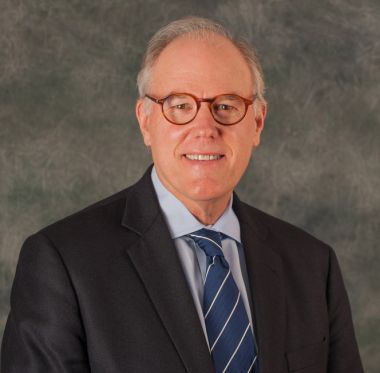Introduction
Because of a yearlong investigation by the Center for Public Integrity, coal miners who are sick and dying with “black lung” will now have higher-quality medical reports and thus a better chance to get compensation for their terrible disease.
That this is the end result of our investigation is a fact.
We know this because the U.S. Labor Department said so specifically, which is unusual for a government agency. In the first line of an official Solicitor of Labor memo, the Center for Public Integrity’s published articles are cited as the reason for the Labor Department’s review of the black lung compensation program, and for the department’s reforms.
Normally, government agencies don’t like to give specific credit to the news media, although they often make a vague reference to an unnamed news article down in the body of a government report. In our experience, this is seldom done by name and in the first sentence.
As we reported recently, these reform initiatives, effective immediately, represent an attempt by the Labor Department to create a more level playing field for coal miners navigating a byzantine federal benefits system that often favors coal companies and the lawyers and doctors they enlist.
I believe the key reason Solicitor of Labor Patricia Smith issued her memo to the offices of all regional solicitors, the government attorneys who can intervene in black lung cases, and made such an overt connection was the irrefutable nature of the Center’s work.
As reported by a young investigative superstar, Chris Hamby, in conjunction with the Brian Ross Investigative Unit of ABC News, the series revealed how doctors and lawyers, working on behalf of coal companies, have helped defeat hundreds of claims of miners sick and dying of black lung.
We demonstrated this with facts, showing how doctors from a Johns Hopkins medical unit rarely found black lung in any coal miner, greatly bolstering the cases made by the coal industry. The result for many of the sick miners was a denial of benefits under the compensation program.
We even published an amazing graphic comparing some 1,500 black lung cases decided since 2000 in which Johns Hopkins’ radiologists never found a case of complicated black lung, compared to other independent doctors who often did find such severe disease in these same cases. The Johns Hopkins black lung medical program was suspended pending a review in response to our reporting shortly after our stories were published.
In a similar way, the go-to law firm for many of the coal industry’s giants when they want to beat back a miner’s claim for benefits has also faced new investigative scrutiny after the Center revealed its practice of withholding key evidence.
This law firm, Jackson Kelly PLLC, has served the coal industry for almost two centuries. It has offices throughout Appalachia, as well as in Denver and Washington, D.C., and defends companies accused of polluting the environment, marketing dangerous drugs or discriminating against workers. It helps corporations avoid regulations, drafts bills and lobbies legislators. Its bailiwick, though, is mining. U.S. News & World Report recently named it the nation’s top firm in mining law.
The firm’s approach to cases is particularly significant now, as government scientists are documenting a resurgence of black lung disease, and the number of federal claims for benefits in increasing.
As part of our work, the Center contacted the West Virginia Office of Disciplinary Counsel and asked whether action would be taken against the firm. The office opened investigations into three Jackson Kelly lawyers, although to date, they have not been charged with any wrongdoing.
The new reform measures being implemented by the Labor Department include a pilot program that would provide some miners with an additional medical report, instructions to government lawyers across the country to intervene in some appeals and increased training for doctors and government officials. We know that these actions are already being used in courtrooms, where The Center for Public Integrity’s investigation has been widely cited.
“We really think this is going to create more balance and fairness,” said Gary Steinberg, the acting director of the Office of Workers’ Compensation Programs, which oversees the black lung benefits program. “Our goal is that it will result in an increase in the number of awards because of an increased quality in the reports and quality in the decisions.”
Sen. Jay Rockefeller, D-W.Va., called the Labor Department’s initiatives “a step in the right direction,” and Rep. George Miller, D-Calif., said they were “a good first step toward leveling the playing field.” Both noted, however, that only some miners qualify for these initiatives, and called for further action.
Sen. Robert Casey, D-Pa., said: “While this is certainly an encouraging development, it’s far from what’s needed to ensure these miners and their families receive justice. I’ll continue to push the Department of Labor to make the necessary reforms to get this right.”
A spokesman for the National Mining Association declined to comment.
All of which is to demonstrate yet again why investigative journalism matters. It can make a direct difference in the lives of people whose voices have been suppressed by the clout of a powerful law firm and a prestigious hospital, both of which were doing the bidding of the deep-pocketed coal industry.
And by the way, “Breathless and Burdened” has won the prestigious Goldsmith Prize for Investigative Reporting given by Harvard University and other recognition. It is also a finalist for other honors.
Until next time,
Bill
Read more in Inside Public Integrity
Inside Public Integrity
Center for Public Integrity wins first Pulitzer Prize
Stories detailed systematic denial of benefits to black lung sufferers

Join the conversation
Show Comments